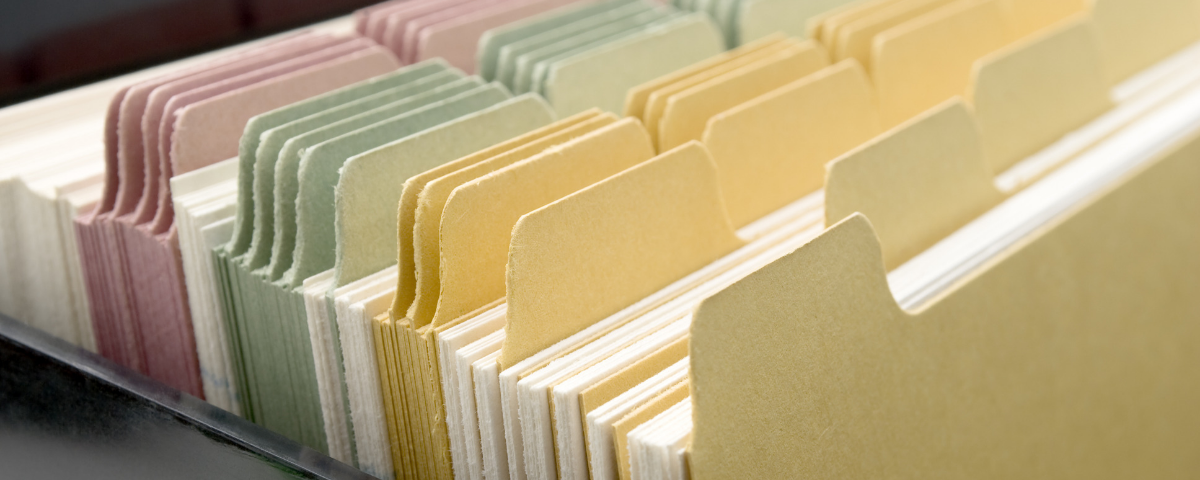
Planning for a Data Disaster
Three Questions to Ask About Your Business Document Storage
When most people think about what would be lost in a fire, flood, or other disaster, they think of the obvious losses – buildings, furniture, computers, inventory – and assume that they’re safe because insurance will pay to replace those items. But what about the things that can’t be replaced? What about the documents that are vital to the operation of your business? Losing those files can be catastrophic. According to the National Fire Protection Association, 90% of firms whose records are destroyed are no longer in business a year later. Have you taken the steps to protect these vital records? If not, here are three questions to ask as you start the process.
1. Which documents, if lost or destroyed, would it affect your ability to do business?
Step one in creating a records protection plan is to decide which documents are vital to your business. What information are you going to need to get back on your feet if the unthinkable happens? This will be different for each business, but start with the basics: financial records, legal documents, employee files. Then think beyond the basic. Do you have the receipts and invoices you’ll need to make an insurance claim? What about customer and client lists? Are you creating work for clients (blueprints, advertising or marketing collateral, etc) that you’ll need to be able to access? When you’re creating this list your goal should be to create as complete a list as possible, so make sure to gather input from people throughout your company. They may be able to point out important records you didn’t think of. It’s better to save too much than not enough.
2. What have you done to safeguard these irreplaceable records?
Once you have your list, take a look at how you’re storing those documents. Are they really safe? Many people believe that documents stored in file cabinets are safe from fire. After all, metal is fireproof. The truth is that standard file cabinets offer no protection from fire or water. For truly vital paper documents, you should invest in a fireproof file. Most commercial grade fireproof files offer protection from file for an hour or more, and many are also waterproof or water-resistant. Check out this video to see what happens when both standard and fireproof files are put to the test.
Of course, many records these days are digital. That doesn’t mean they can’t be lost. Digital media is especially vulnerable to heat and moisture. You’re probably backing up your computer system regularly, but what are you doing with the backup disks? If they aren’t being properly stored they can be easily corrupted or destroyed. Even putting them in a fireproof file doesn’t offer adequate protection. Digital media is damaged at a much lower temperature than paper. If you’re storing your backups on site, you should invest in a data safe or a fireproof chest that’s rated for digital media.
3. How much would it cost, in dollars and time, to reconstruct your documents if they were lost?
Planning for the safety of these documents can seem like a lengthy and expensive undertaking. When you’re busy at work it’s hard to prioritize planning for something that might never happen, and fire files, data safes, and off-site backups aren’t inexpensive. When you compare those costs to the costs of collecting, recreating, and restoring the files you’ve lost, you’ll see that it’s the smart choice for your business. In the long run, preparing for the possibility of a disaster will be cheaper and easier than trying to rebuild from one you weren’t ready for.

